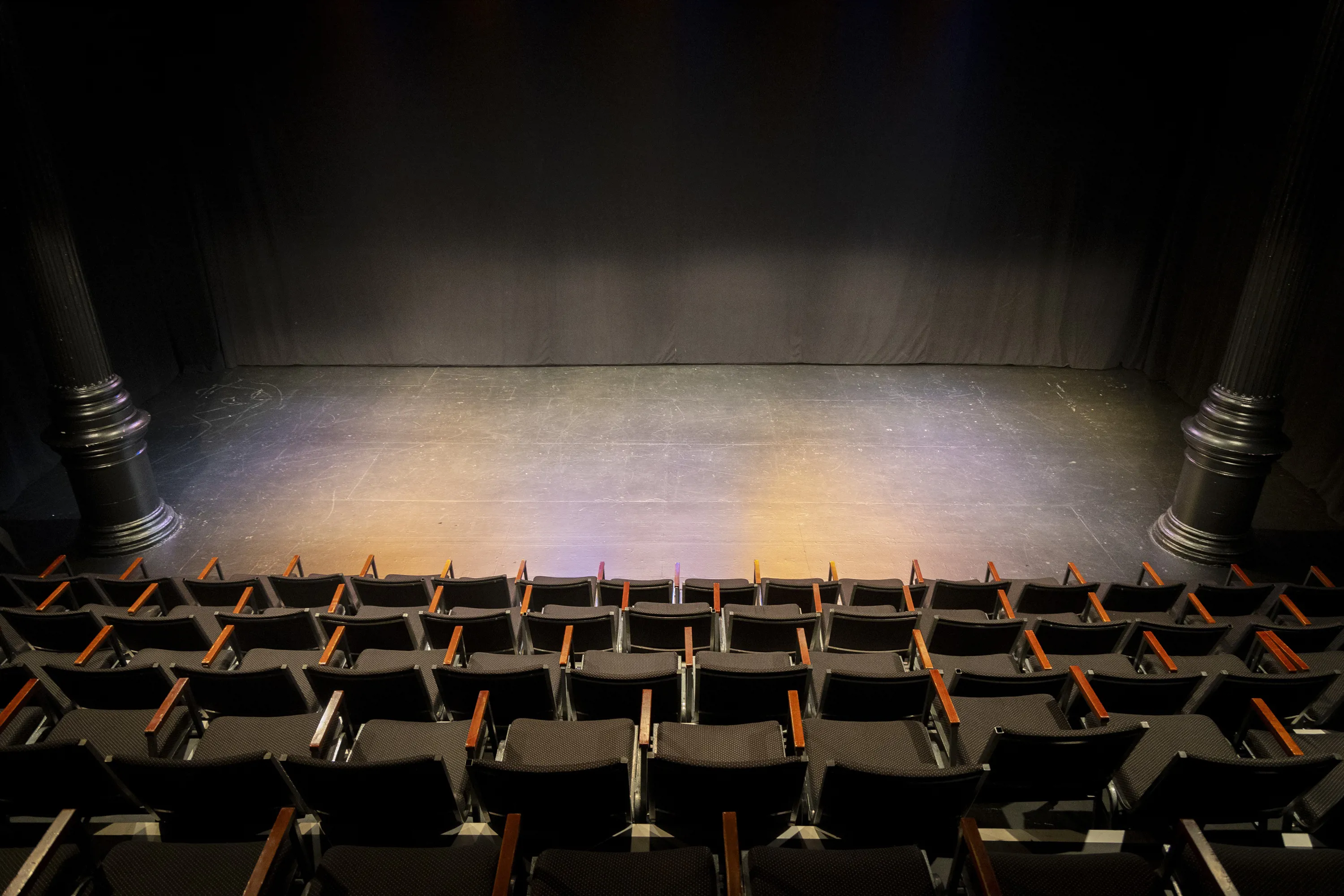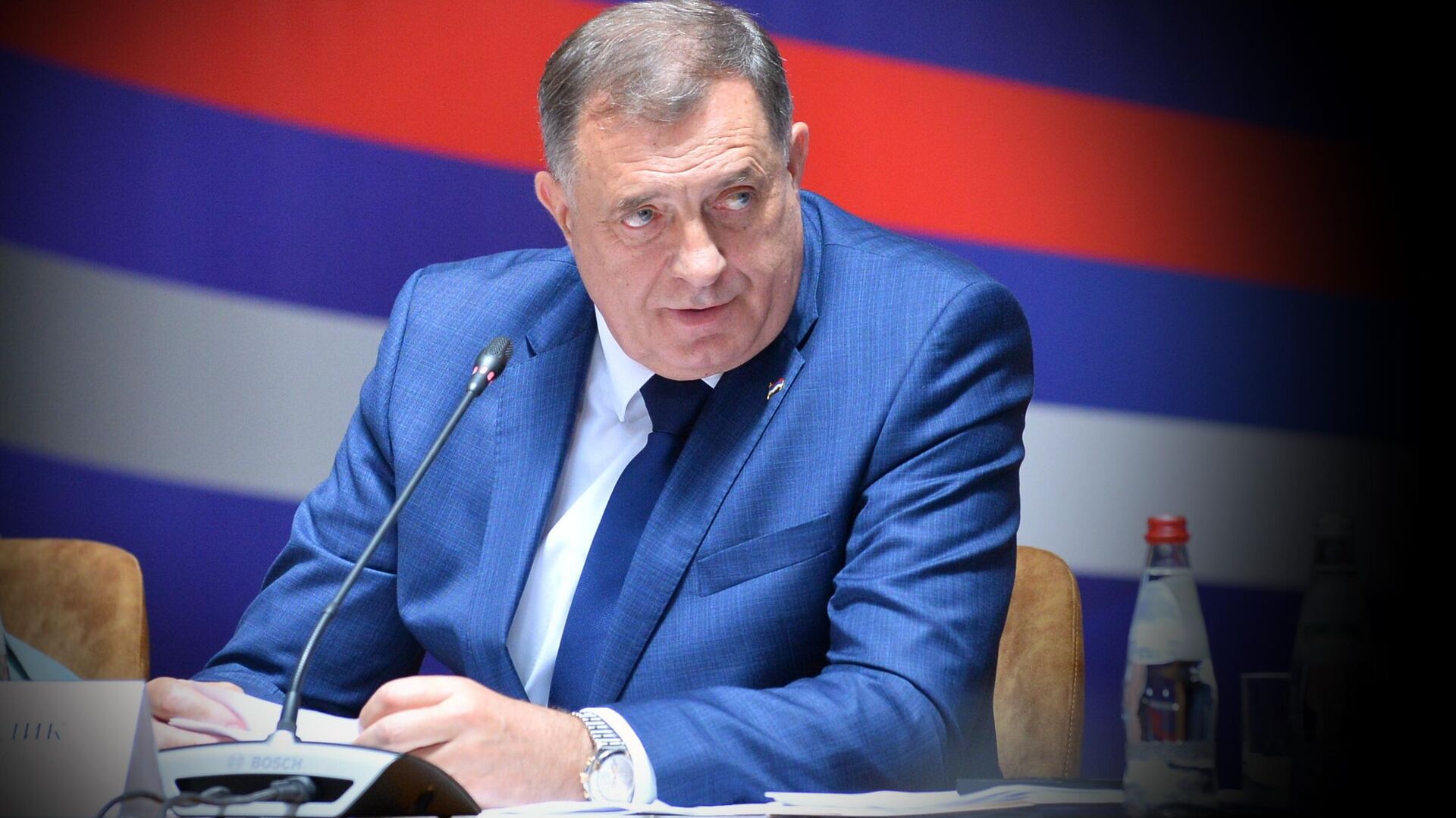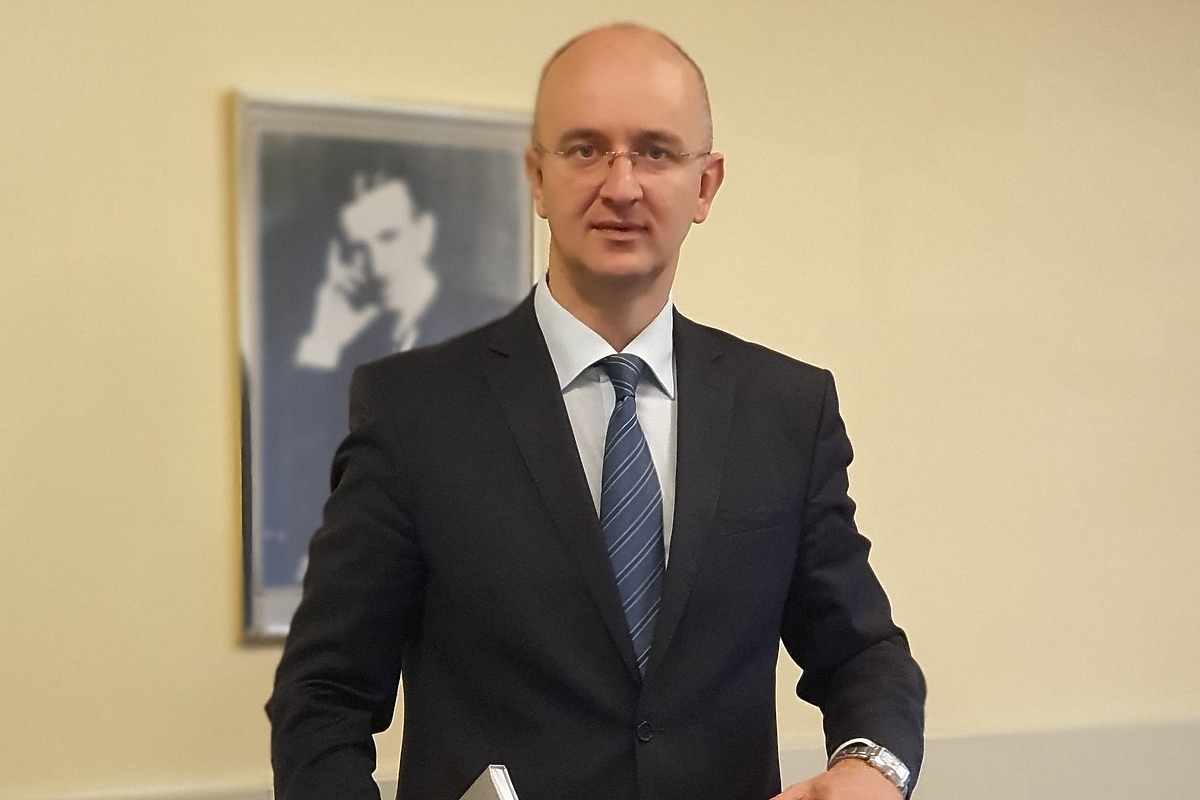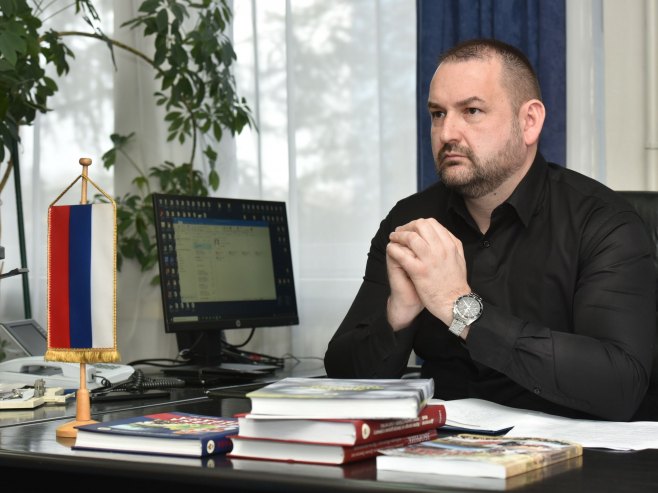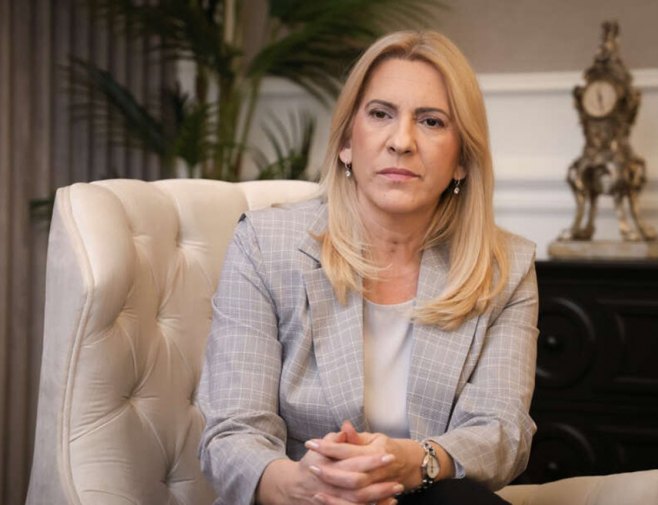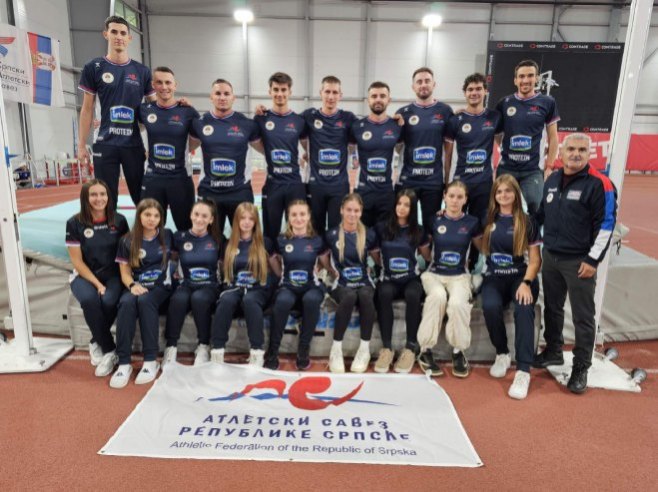While all eyes are on U.S. President Donald Trump, who is attempting to mediate reconciliation between Vladimir Putin and Volodymyr Zelensky, the unelected bureaucracy is waging a battle against the current president of Republika Srpska, Milorad Dodik. The president of Republika Srpska, Milorad Dodik—one of Trump’s earliest loyal supporters and a decades-long figure in Balkan politics—was in his office when news arrived of efforts to remove him outside the electoral process. He was not particularly surprised, writes The Pavlovic Today.
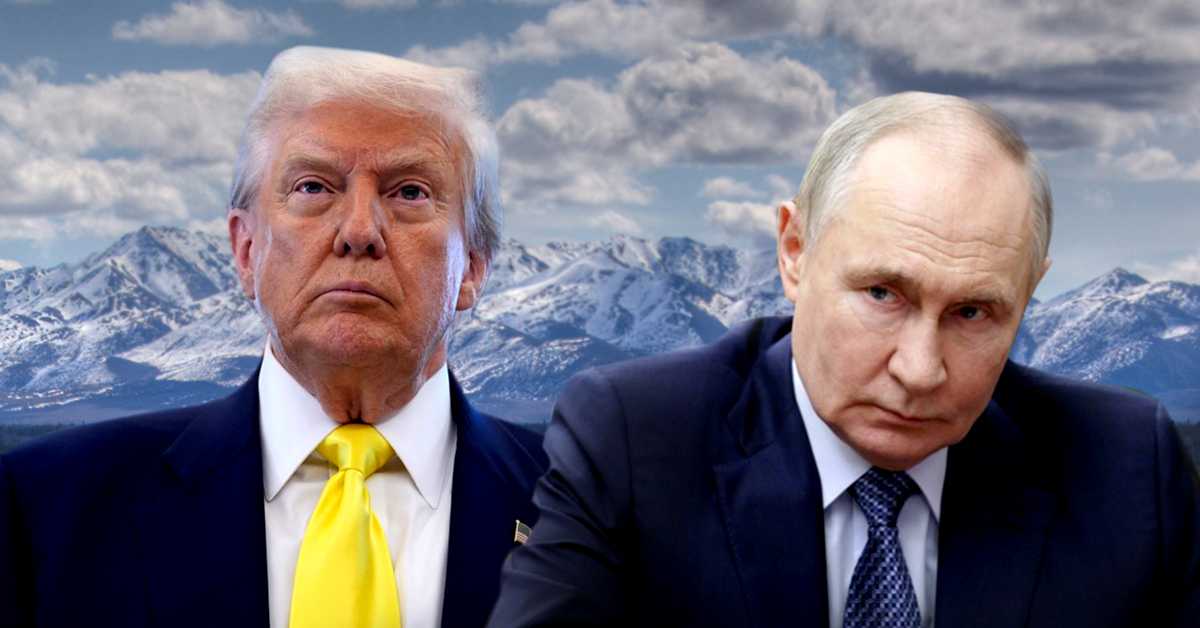
“All of this was expected, that’s their mechanism. Nothing surprises me anymore,” said Dodik in an interview with The Pavlovic Today.
For him, the move is not an isolated act, but the latest in a long chain of what he calls “the remnants of the Biden era.”
“It is a calculated attempt to prevent me from speaking with Trump,” Dodik stated.
Unapologetic toward what he calls the “enlightened” critics of the “liberal octopus” that has engulfed the world, Dodik describes Donald Trump as “the savior of our civilization.” He speaks with the calm assurance of a man convinced that the Clinton–Biden political establishment has marked him for removal.
“Now they are turning it into a celebration. They want to see me gone,” Dodik said.
At the center of the political storm is Christian Schmidt—a man whom Dodik emphasizes was never elected by any citizen.
“In my case, he passed a law that makes disrespecting the so-called ‘high representative’ a criminal offense,” Dodik said.
According to Dodik, Schmidt illegitimately holds his position without confirmation from the UN Security Council and without the consent of Republika Srpska, a signatory of the Dayton Peace Agreement that ended the war in Bosnia and Herzegovina.
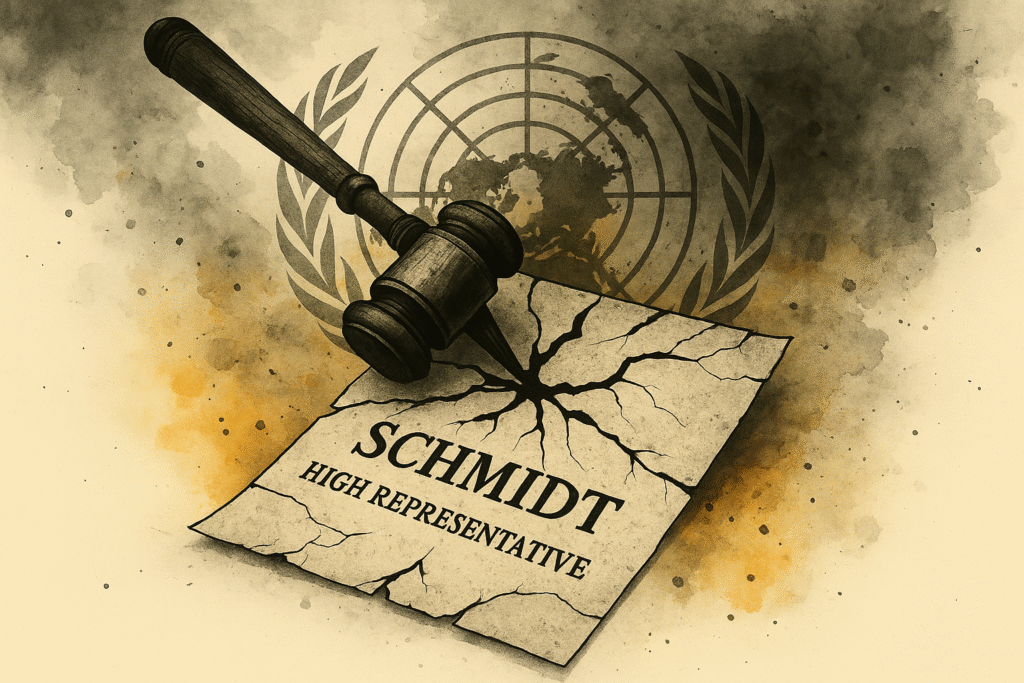
“Christian Schmidt appears here as a private individual and begins to act. Of course, behind him stood the Biden administration and the EU, and he began to behave, literally, like a bull in a China shop,” Dodik declared.
For Dodik, the essence of the attempt to strip him of his mandate is tied to the legitimacy of the judiciary. Schmidt’s authority stems from the so-called “Bonn powers”—sweeping rights to impose laws and dismiss officials, which were not part of the original Dayton Agreement but were adopted in 1997 at a meeting of the Peace Implementation Council in Bosnia and Herzegovina.
To Dodik, this is an undemocratic hijacking of the political process. To his supporters, it is a foreign assault on the will of the people. To his critics, it is overdue accountability. To anyone paying attention, it is a case study of the dilemmas Bosnia and Herzegovina now faces. Dilemmas that no democracy is comfortable with, and which extend far beyond the political fate of one man.
How can an unelected European official overturn a democratic process? That very question sparked debate over Brexit—yet the EU now holds such authority in countries where it disapproves of the government or the outcome of elections.
Is Bosnia and Herzegovina “Europe’s last colony”? Who truly governs the country? How long can “temporary” powers, imposed three decades ago in the name of peace, remain before they become the system itself? And if the same rules applied elsewhere—if a foreigner could strike down the mandate of a sitting president in Washington—how would America react? Or Britain? Or France?
“It is an absurd decision. The Venice Commission of the Council of Europe, ‘if that still carries any weight,’ made it clear in 2005 that the Constitution of Bosnia and Herzegovina is the supreme legal authority of the country. Entity constitutions, including that of Republika Srpska, exist within its framework. None of them can be rewritten or annulled by any law or statute of lower rank,” Dodik declared.
For those demanding his removal outside the electoral process, Dodik likes to remind them that the Constitution of Republika Srpska states the president can lose his mandate only in two situations—if the president resigns or if the citizens recall him, a process carried out by referendum under current law.
“And that’s all. No other situation is possible,” Dodik stressed.
Dodik claims that the Central Election Commission of Bosnia and Herzegovina has no authority to conduct elections for the president of the republic.
“It has no authority to conduct elections for local communities—yet it does so. They stripped us of those powers,” Dodik said.
With elections in Republika Srpska only a year away, the obvious question arises: Why now?
“To send Trump a message that ‘Dodik is a criminal.’ If I remain in power, I might be able to reach Trump, explain things to him, and somehow appeal to his emotions so he can understand what is happening here,” Dodik stated.
He pointed to his own record—two decades at the helm of Republika Srpska during the entity’s 30-year history—and to strong polling results, “even better” than before.
“The only way to remove me, to destroy my political party, and to undermine Republika Srpska’s ability to continue to exist, is to remove me through undemocratic means,” Dodik emphasized.
Dodik says that Trump’s words emotionally struck him when, at his inauguration, the president declared: “There are only two genders, male and female.”
As a man of faith, Dodik added, “I cannot watch the decadence that has engulfed Europeans. God forbid.”
Dodik insists that “Trump is truly changing the world” and that this alone “is something that gives hope.” Trump’s survival—from impeachment to assassination attempts—has been a personal motivator.
“That political victory of his is a victory over those fabricated political processes,” the president of Srpska said.
There are moments, Dodik admits, when the imbalance of power between great and small nations leaves him feeling powerless.
“The arrogance of the great powers sometimes refuses to get into details, sticking instead to the line of imposition and many other things,” Dodik said.
But when he considers how Trump ran his campaign after legal investigations and assassination attempts, Dodik says he concludes that “there is neither reason nor right for me to lose strength” in his own political struggle for his people in Republika Srpska.
“If Trump says that Biden’s administration was the worst in U.S. history, then you can imagine what measures it introduced worldwide, including here in Republika Srpska and Bosnia and Herzegovina,” the president of Srpska emphasized.
He quickly pointed to the closure of USAID as an example of what he calls “the right move” by Trump’s administration, claiming that the agency “was doing dirty work.” Only a fraction of its spending, he said, was visible in Bosnia and Herzegovina, “while the greater part of the money was allocated to companies of USAID officials in the United States.”
Dodik says he has all the details.
“I have all the information about that,” Dodik noted, stressing that everyone has been informed and that an investigation is underway.
“Our police are conducting the investigation,” Dodik made clear.
And with that, Dodik leaned forward, ready to tell his story.
First came the sanctions
By his own admission, Milorad Dodik has supported Donald Trump since the moment the New York businessman descended the golden escalator in Trump Tower. But that loyalty did not end well for him.

“I received the first U.S. sanctions two days before President Trump’s first inauguration in his first term in 2016. That happened because I encouraged members of the Serb community of Republika Srpska in certain parts of America to vote for Trump. Then I received an invitation to the inauguration. Two days before President Trump’s inauguration, the Obama administration blocked my visa and imposed sanctions,” Dodik recalled.
During Trump’s first term, Dodik said, “I was not able to contact him or his people to explain the situation.”
He added that ever since then, he has been pursued by Trump’s sworn enemies.
Dodik said U.S. pressure on him escalated after Biden returned to office in 2021, citing the move by the Constitutional Court of Bosnia and Herzegovina to abolish the Day of Republika Srpska on January 9, which coincides with the Orthodox holiday of St. Stephen.
Dodik noted that Republika Srpska had marked its national holiday for 25 years before it was abolished “by a court decision—with three foreign judges and two Muslim judges—who declared it illegal, saying it was offensive to Muslims in Bosnia and Herzegovina, even though they too could take a day off.”
As a result, Dodik said, 56 people—including senior officials, ministers, parliamentarians, his entire staff, and even technical personnel—were sanctioned by the Biden administration “simply because they participated in the celebration of that Christian holiday.”
Dodik: the aim was to disgrace our family
When asked how he explained the sanctions to his family, Milorad Dodik’s voice softened.
“My family has endured enough through all these years,” Dodik said.
He said he is proud of how his children were raised.
“My daughter has four children. Some of my friends told me that my daughter and son had every chance to turn out badly because their father was president—but they didn’t. They remained decent, finished their studies, and are engaged in serious work,” Dodik said.
Still, he complained that “the very fact that they are my children” led to what he described as media-driven criminalization.
Then he paused.
“Imagine this: in the sanctions against my daughter and son, it actually says: ‘Sanctions are imposed because they supported their father.’ Well, who else should they support if not their father? Unbelievable,” Dodik said.
For Dodik, the sanctions campaign was “more a matter of humiliation.”
He recounted how his daughter—locally known for her social media presence—saw her restaurant sanctioned by the Biden administration and her charity, which built housing for large families, shut down after her bank account was closed.
“The aim was to disgrace our family,” Dodik said, adding that even suspicion of ties with them was enough to close businesses and “destroy large companies.”
As an example, he cited Prointer—a technology firm with 140 engineers and an annual turnover of $80 million—which was forced to shut down after being linked to his son Igor.
“My son had nothing to do with it, we know that. Although he had some friends there. The company’s accounts were frozen, its business banned, and the engineers were left without jobs, simply because someone said: ‘Oh yes, that’s Igor Dodik, son of Milorad Dodik,’” Dodik recalled.
Dodik: I cannot open any account in any bank
Dodik said the campaign Biden launched against him reached every corner of his personal life, and U.S. sanctions separated him and his family from basic tools of modern existence—including access to the banking system.
“My wife, my son and daughter, my son-in-law, my daughter-in-law, and all seven of my grandchildren—every bank account was closed,” Dodik said.
“In banks we can do nothing. I receive my salary by mail. My salary is paid in cash at the cashier, and the postman brings it to my home,” the president of Srpska said.
Asked under whose authority the accounts were closed in the entity where he is president, Dodik said that former U.S. Ambassador Michael Murphy “threatened” banks with sanctions if they continued to serve him or his relatives.

“I still don’t have an account and cannot open any account in any bank. Here the banks are mostly foreign-owned, and there is only one bank owned by local individuals, but it too is private. There is no state bank. They even threatened to cut off their access to SWIFT,” Dodik declared.
The ambassador Dodik referred to is Michael Murphy, a veteran with 29 years of experience at the U.S. State Department.
According to Dodik, Murphy had previously been an aide to Richard Holbrooke, considered the architect of the Dayton Agreement.
“He came here and acted like a bully. Ambassador Murphy had good ties with Secretary of State Blinken, and they acted like a kind of joint criminal enterprise regarding what was happening here,” Dodik said.
“Regulations did not matter, Constitutions did not matter, nothing written mattered. What mattered was interpreting the ‘spirit of the law’ or his personal wishes, who lobbied him and at what moment,” Dodik said.
Shortly after Trump’s second term began, Dodik said he hoped that “things would change” under the new administration.
“We see that much of Biden’s legacy remains—Biden still controls OFAC and certain other agencies—and President Trump still has difficulty establishing full control over all segments of government policy. That is understandable, but we suffer because of it. We want the injustice done to us all this time to be corrected with one just move of the United States and this administration at its helm,” Dodik said.
Dodik noted that “when we hear some people say that court decisions must be respected,” it is contrary to what he describes as Trump’s historic promise not to interfere in other countries’ affairs.
He added that some from the State Department came to Sarajevo about 20 days ago and encouraged Muslims, telling them: “The position of the U.S. is that the court’s decision must be respected.”
In his view, this meant accepting the judgment without examining its relevance.
“Immediately after that, I received a court ruling unfavorable to me and this process against me immediately began,” Dodik stated.
Dodik believes that remnants from the previous administration “continue to operate” and that “Trump is not familiar with the details.”
Tthe schmidt factor and the mineral reserves of republika srpska
The president of Republika Srpska, Milorad Dodik, has an opinion on why international pressure to transfer property rights from Republika Srpska has intensified in recent years: lithium, gold, and other buried wealth.
Decades-long research into the mineral reserves of Republika Srpska, he said, was completed in 2021, and deposits of magnesium, lithium, boric acid, and gold were identified.
“And then this German comes and says that all property, all assets, should be transferred to Bosnia and Herzegovina. I, of course, oppose that. In our Constitution—as in the U.S. Constitution—it states that only what is explicitly assigned to Bosnia and Herzegovina belongs to Bosnia and Herzegovina, and everything else belongs to the entities. And among what is explicitly assigned, property is not mentioned,” Dodik stressed.
For Dodik, the timing was no coincidence.
The German he referred to is Christian Schmidt.
“The Germans have become too involved here,” Dodik said, linking Schmidt’s pressure to transfer ownership of land and property directly to the level of Bosnia and Herzegovina with the discoveries of minerals.
He said efforts to centralize control over property go back to “the very first day of the signing of the Dayton Agreement” that ended the 1992–1995 war in Bosnia.
He recalled earlier concessions—such as the transfer of the Armed Forces to the level of Bosnia and Herzegovina—as a strategic mistake.
“It made absolutely no sense for three sides, which until recently had been at war, now to create a single army,” Dodik said.
Describing the current pressure as a political “experiment,” he added: “We are sick of all this. But, as the old saying goes, brute force does not ask for God’s permission.”
The state department’s call for restraint
The State Department recently said in a statement to The Pavlovic Today that “the United States remains committed to the stability, sovereignty, and territorial integrity of Bosnia and Herzegovina and calls on all parties to avoid any actions that would further escalate the situation.”
Asked to comment, Dodik said the appeal came too late.
“What now? If I fight, I am the one escalating the situation. But those who allowed an individual to impose a law so that Muslims judge Christians—they are not escalating? They are not escalating, but I am escalating?” Dodik asked.
In the statement, as he noted, it simply said: “We call on all parties to avoid escalation.”
His response was instant: “Why didn’t they do that a month ago?”
Dodik said he trusts President Trump and believes that the American leader can identify with the pressures he himself faces.
“I know that, just as I have scoundrels here, he has scoundrels and malicious people around him,” Dodik observed.
His question was sharp: “Why was the statement published now, and not three months earlier?”
Why, he asked, did the State Department not follow Trump’s position that there should be no imposition on foreign countries?
“If you are fair, why not say: ‘An individual cannot make laws?’ The United States pays that man, Schmidt, 24,000 euros a month and covers 40 percent of the budget of someone like him,” Dodik said.
Dodik says Schmidt is paid with U.S. taxpayers’ money to do “dirty work” without approval from the UN Security Council.
“He has no consent from the signatories, no consent from Serbia, Croatia, Republika Srpska, or the Federation of Bosnia and Herzegovina,” Dodik made clear.
Sandy Berger versus Madeleine Olbright
According to Dodik, the fate of Bosnia and Herzegovina could have been very different had Washington chosen Sandy Berger’s peace plan instead of Madeleine Olbright’s.
At the time the United States was creating solutions for peace in Bosnia and Herzegovina, Dodik recalled, there were two “equally valid concepts”—one promoted by NSA Sandy Berger, and the other by Madeleine Olbright and her team, including O’Brien and others, which later resulted in the Dayton Agreement.
“Berger’s proposal—now declassified—was reasonable and rational: that the peoples be divided along natural boundaries, where they belong. That would have been fair, instead of this prolonged torment,” Dodik said, delivering judgment on something already done.
Dodik recalled that Clinton’s sympathies leaned toward Olbright.
“Now we know, after all these years, that he said: ‘Alright, let’s try this Dayton concept.’ It is never too late for another concept,” Dodik said.
For Dodik, that “other concept”—Republika Srpska separate, but with open borders, free movement of people and goods, and no impositions—was the fairer path.
“If it doesn’t work, it doesn’t work. That is exactly what the Dayton Agreement recognized, after all. But things have gone too far. Eighty-six original Dayton powers of Republika Srpska were stripped away by the decisions of the high representative,” he added.
Dodik claims that the judiciary at the Bosnia and Herzegovina level was imposed illegitimately, pointing out that the Constitution of Bosnia and Herzegovina does not provide for the Court of Bosnia and Herzegovina, nor the Prosecutor’s Office.
He said both institutions were unilaterally created by former high representative Wolfgang Petritsch and justified by “Bonn powers,” despite the high representative having no constitutional authority.
Asked why the OHR still claims it has the power to dismiss elected leaders three decades after the war, Dodik was direct.
“Muslims are dissatisfied with Bosnia and Herzegovina because they want a unitary Bosnia and Herzegovina. We fight against that unitarization,” Dodik made clear.
By unitary, he explained, he means a Bosnia and Herzegovina without Republika Srpska
, “based on a civic principle in which Muslims are the majority and in which they would control all decisions and all bodies that must be elected”—a vision he said is advanced “thanks to the support of elements of previous U.S. administrations.”
Dodik completely rejects that vision.
“I feel like a Serb. Croats feel like Croats. Only Muslims have changed their national identity several times. First, they went from Christians to Muslims—which perhaps I can understand, because when the Ottoman Empire was here, life was much easier if you converted. For generations they remained constantly dissatisfied with it. Then they called themselves muslims with a small ‘m,’ then ‘Muslims’ with a capital ‘M,’ and in 1993, during the war in Bosnia and Herzegovina, they declared themselves Bosniaks—interested in a ‘Bosnian state and Bosnian nation,’” Dodik explained.
Looking back, Dodik believes that many in previous U.S. administrations “fell for it—it seemed exotic to them, attractive that they could create something in that sense.”
“And then we were blamed for not wanting to accept it,” the president of Srpska said.
He draws a historical line of resistance.
“We did not accept the Turks for 500 years, we did not accept the Germans either the first or second time. Here I am, sitting where I live—40 kilometers from here is Jasenovac. In that Jasenovac camp, Croatian Ustaša forces killed 500,000 Serbs, 35,000 Jews, and a number of anti-fascists. It was, essentially, a camp for the systematic killing of Serbs,” Dodik recalled.
Against that historical backdrop, Dodik rejects any idea of changing his national identity.
“And now someone expects me, as a member of that epic nation, to say—because of some idea coming from distant offices—that ‘I am not a Serb, now I am a Bosniak.’ No. I remain a Serb. If you are a Serb and if you do what I do, you can count on being persecuted,” Dodik stated.
Persecution, he insists, has been relentless but rarely successful.
According to him, “they just need a little more style.”
“When they carried out investigations against me, they would say ‘this crime’ or ‘that crime,’ always inventing something, but they could never find anything. Four international financial investigations were carried out against me, and not one showed that I had any criminal responsibility,” Dodik said.
He claims that despite this, the pressure continues.
“And then I read, Schmidt says: ‘You are going to prison.’ But I didn’t sign anything. They have been trying to eliminate me for the last 10 to 15 years. My mistake was that I stayed in politics too long; I should have left much earlier,” he said.
Olbright called dodik ‘a breath of fresh air’
When Milorad Dodik came to power in 1998, he was proclaimed “America’s man” in Washington, and Secretary of State Madeleine Olbright called him “a breath of fresh air in the Balkans.” That same year, after winning a parliamentary majority to form a government, he faced resistance from the Serb Democratic Party (SDS), which tried to block his mandate.
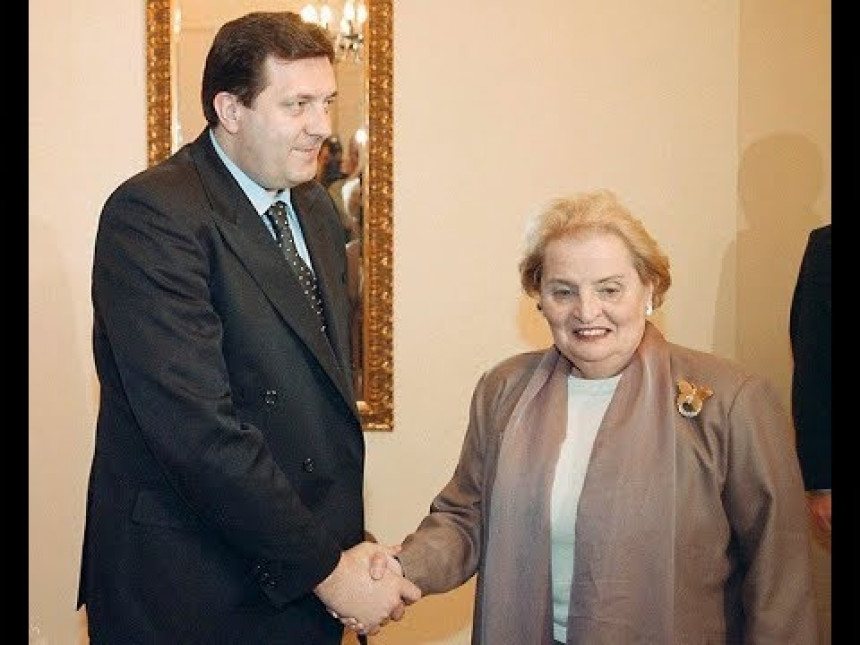
“Then certain foreign embassies got involved, believing change was needed,” Dodik recalled.
He noted that his political career was rooted in wartime experience, as he served three and a half years in the Army of Republika Srpska before being demobilized to enter Parliament.
Dodik recalled that the then-president of Republika Srpska, Biljana Plavšić, “offered the post of prime minister to five or six other people” before he accepted the role.
“I built a majority. Since the president of Parliament was from SDS, they constantly obstructed, and then foreign actors intervened. That intervention was interpreted as some kind of help to me,” he added.
“I consider myself, then and now, a man of the West, but not of this twisted liberal kind,” Dodik explained.
Dodik noted that Slobodan Milošević opposed his election “because he was not consulted,” stressing that he “was not someone subordinate to or sympathetic with all that.”
While Alija Izetbegović was in power in Sarajevo and Franjo Tuđman in Zagreb, Dodik was the only new leader among the four main figures of the region.
“I advocated for rapid normalization of life, immediately accepted the Dayton Peace Agreement and the Constitution of Bosnia and Herzegovina. I was the first to accept it. Everyone attacked me for ‘treason,’ but I accepted it as soon as it was signed,” Dodik said.
Source: RTRS

